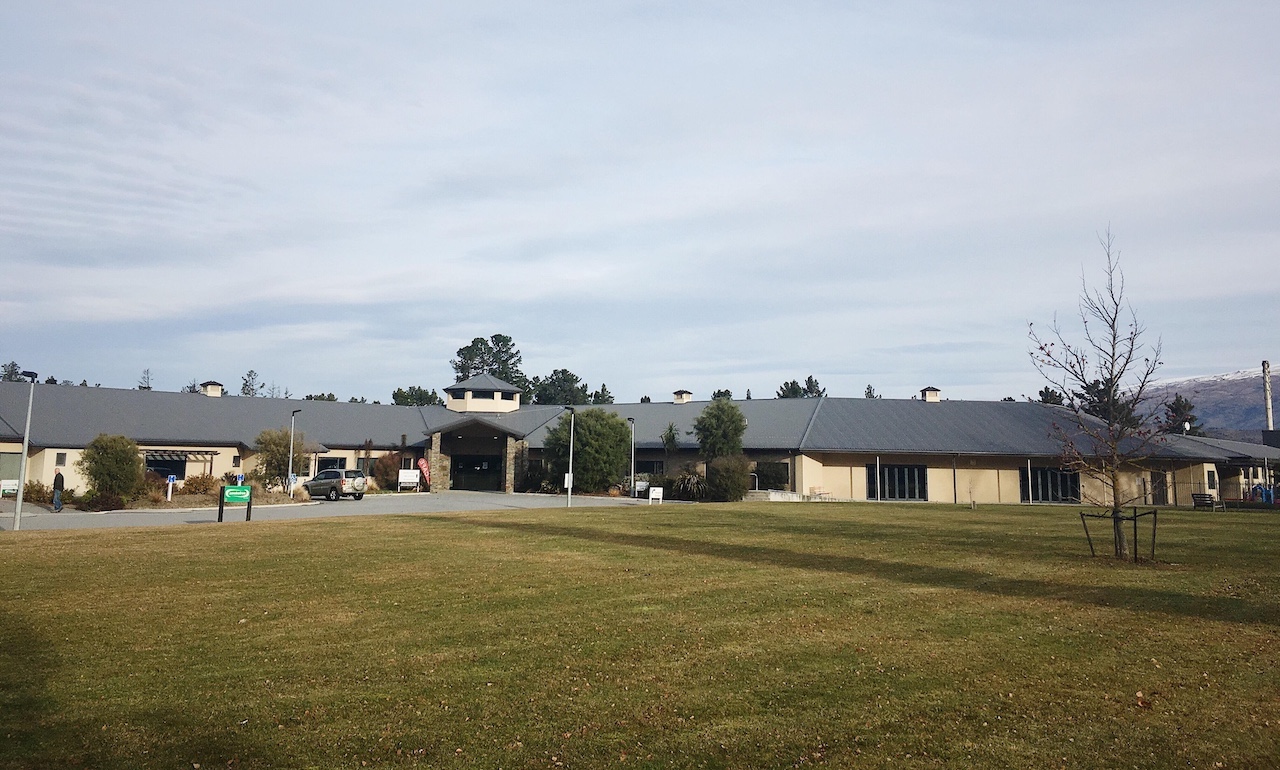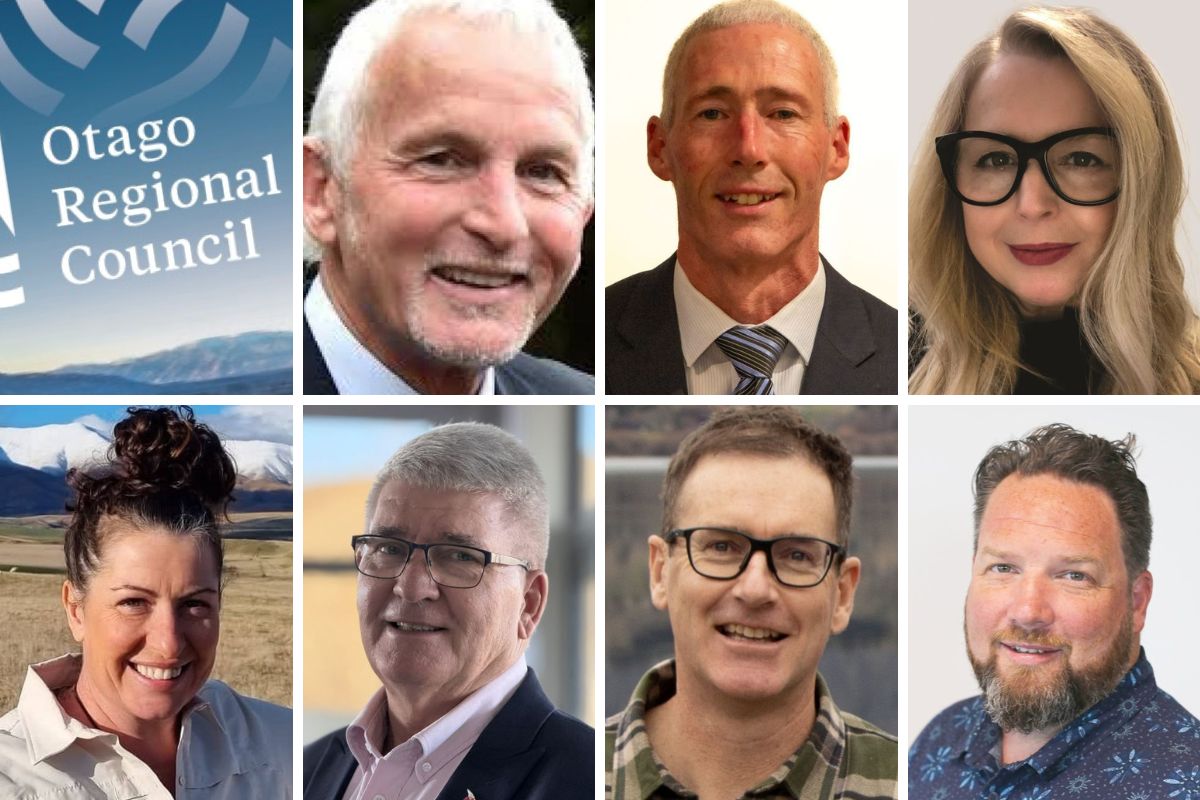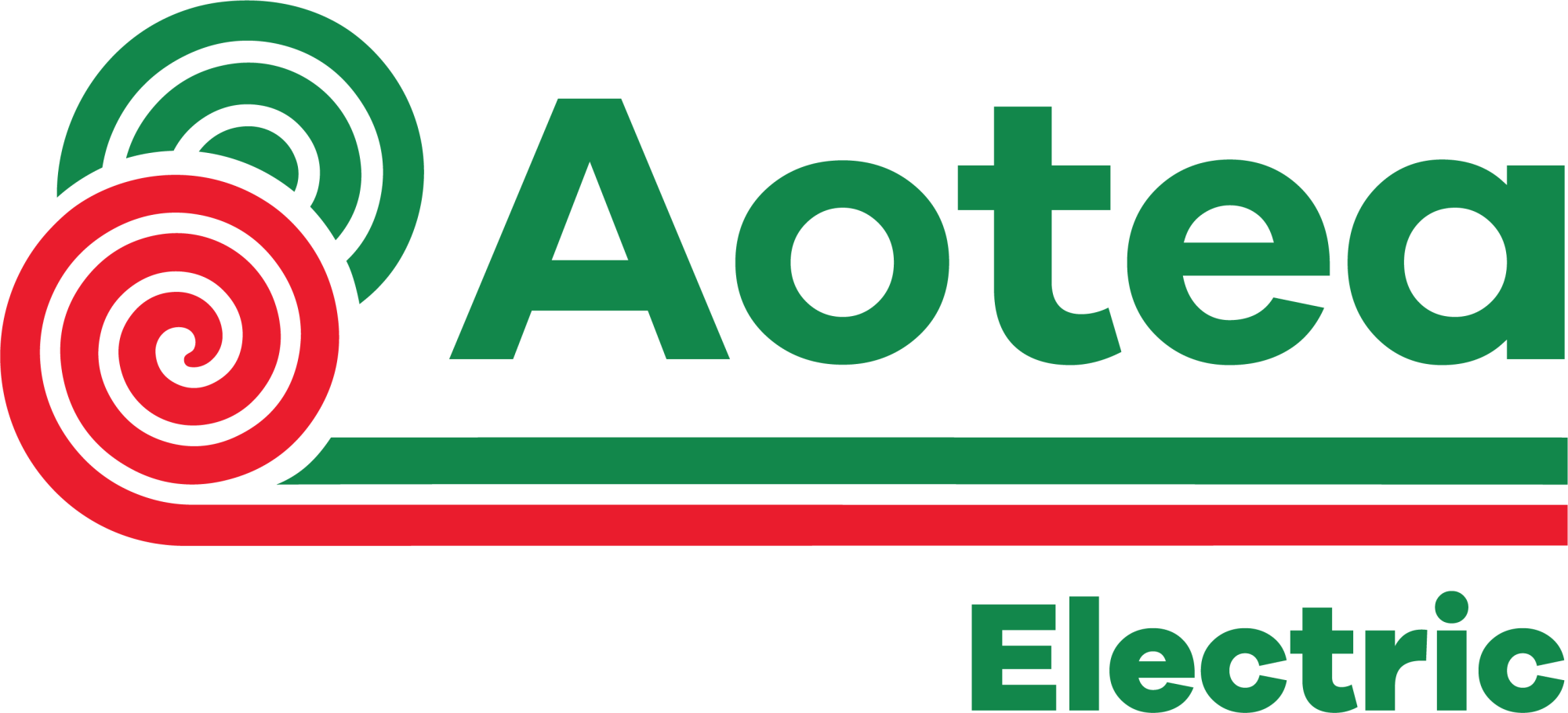Mayor: Rural communities won’t be left offline as copper network ends
Kim Bowden
03 September 2025, 6:00 PM
 Image: Pixabay
Image: PixabayWhile the end of New Zealand’s rural copper network “marks the end of an era”, Central Otago’s mayor is confident modern alternatives can cover connectivity needs across the district.
Tamah Alley says the move "highlights just how far technology has come”.
The comments come after the Commerce Commission recommended deregulation to the Minister for Media and Communications, arguing that copper regulation is no longer necessary to promote competition.
The mayor acknowledged the challenges of losing copper in areas without fibre but said new technologies are helping bridge the gap.
“Previously, the loss of copper in areas where fibre internet is not available has been a huge barrier, but the increase in availability and reduction in cost of satellite options will cover most situations,” she said.
“In the past, the copper network has served as a ‘backup’ for emergency situations, but council now uses Starlink to fill that gap.
“It’s not inconceivable that within the next few years all our smart phones will also be satellite phones.”
Commerce Commission telecommunications commissioner Tristan Gilbertson says rural consumers are increasingly moving to “cheaper and better performing alternatives”, and fewer than a third of rural households still rely on copper.
If the minister approves deregulation, Chorus could begin withdrawing copper infrastructure from rural areas.
But Rural Women New Zealand is urging caution.
“Our members understand and accept the reasoning behind the move away from copper,” national president Sandra Matthews said.
“However, we’re concerned about the consequences for rural people, particularly those without access to alternative technologies, with medical needs, or for whom digital literacy remains a barrier.”
She says copper is still a lifeline for many rural families and older residents, and a well-resourced, transparent education campaign to support the transition was required.
The sentiment is echoed by Federated Farmers, which is urging decision makers to ensure rural communities aren’t left behind as technology shifts.
As if to prove the point, a live interview on the topic on RNZ’s Nine to Noon show in recent weeks cut out when the group’s rural connectivity spokesperson Mark Hooper’s line from his Taranaki dairy farm failed.
"I couldn’t have timed it better if I tried," he said.
"Just as Bryan Crump was suggesting rural people had plenty of modern alternatives to rely on, he got to see firsthand what those of us who live in rural New Zealand deal with every day.
"Rural connectivity isn't up to scratch, cellular reception is patchy at best, and Chorus’s withdrawal of the copper network only adds to concerns many rural residents have about connectivity.”
The Commerce Commission has emphasised the need for a managed withdrawal process to protect consumers, similar to the Copper Withdrawal Code used in urban centres.
Chorus has reassured remaining copper users they will be given ample notice and support to transition to alternatives such as fixed wireless, regional internet providers, or satellite connections.
Media and Communications Minister Paul Goldsmith is expected to make a final decision by the end of the year.
Have a story to share or comment to make? Contact [email protected]
NEWS
JOBS








